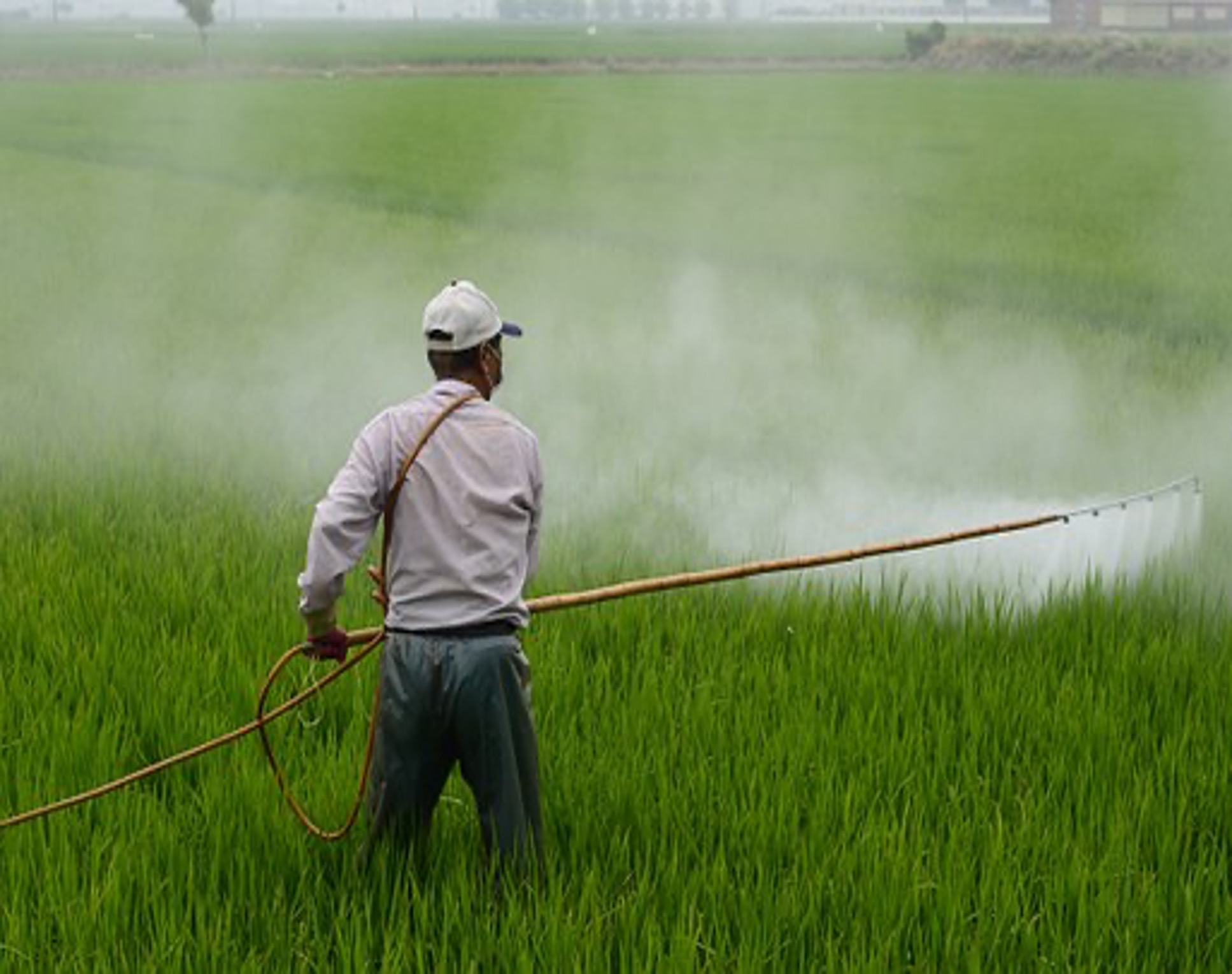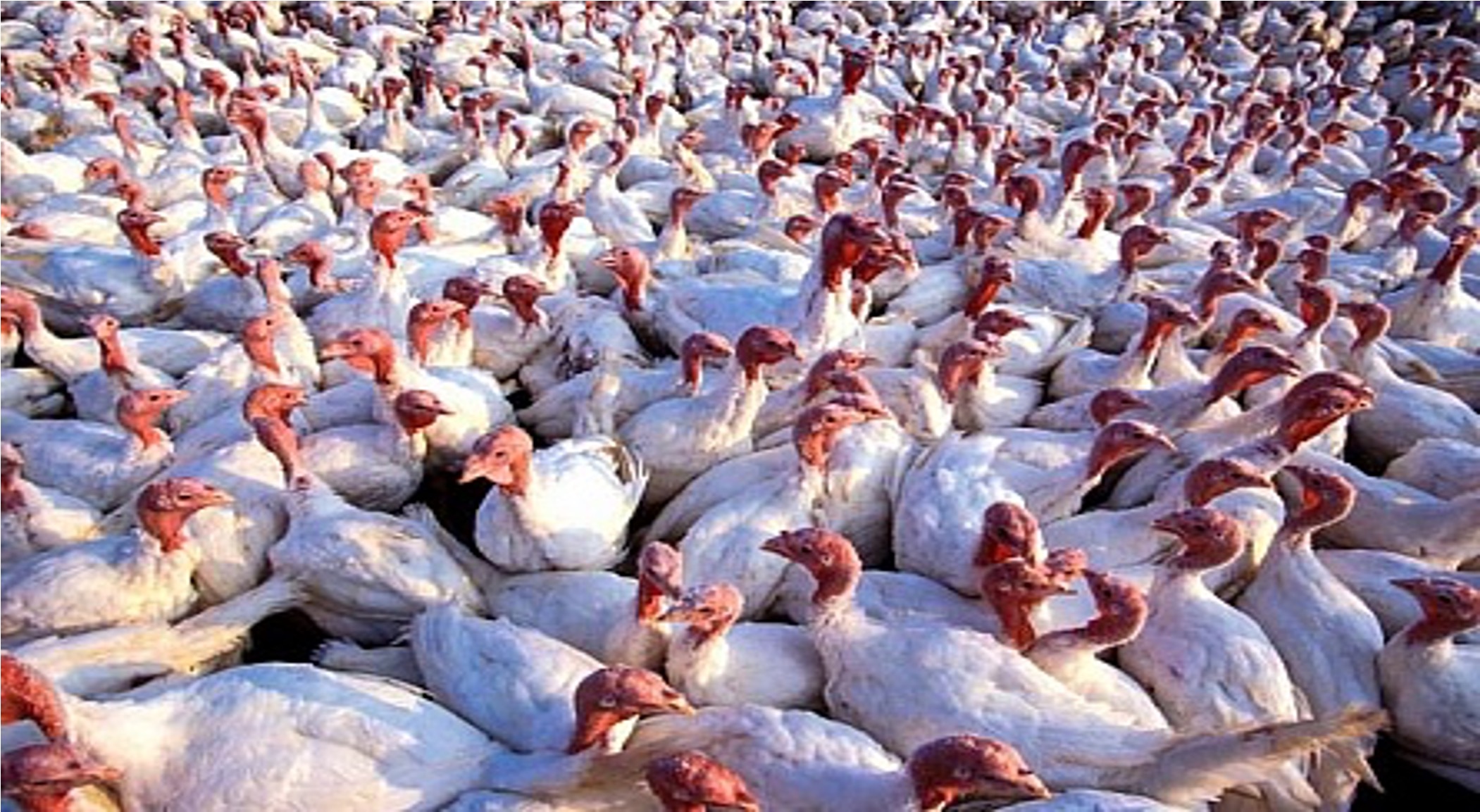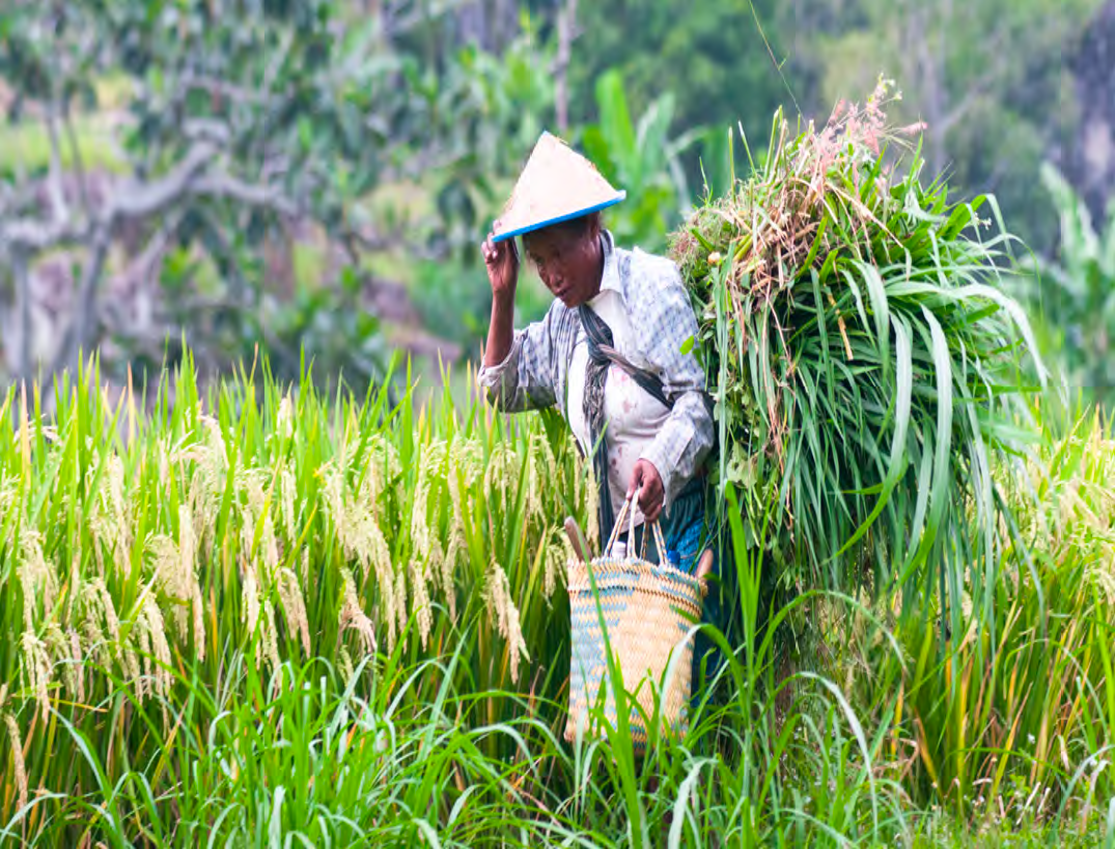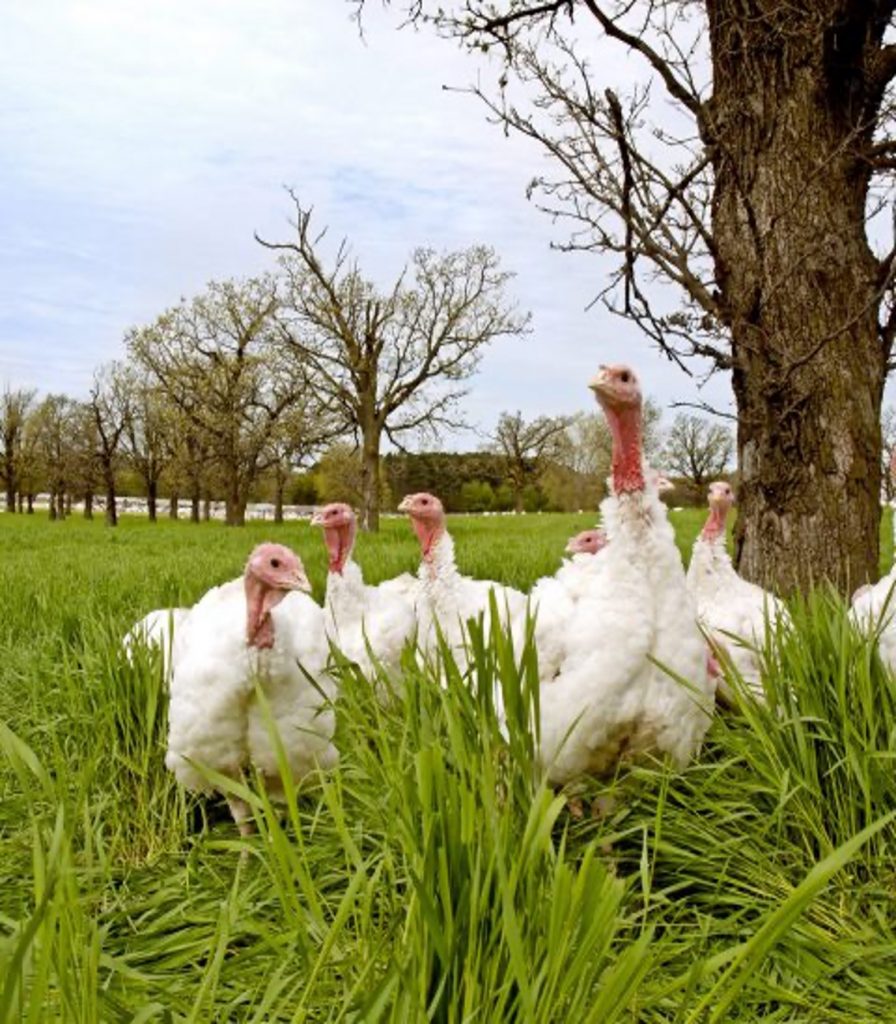Towards Food, Health, and Sustainability
Susan Craddock

There is little question that industrial agriculture is doing earth and its inhabitants extensive damage. High volumes of pesticides and herbicides are sprayed on plants, hundreds of which are not tested as to their potential harms to humans, animals, and the soil. Many are known to be harmful, such as Roundup – Monsanto’s widely distributed weed killer – but are not banned by the EPA in large part because of the powerful agricultural lobby. Exploitative and dangerous labor conditions still predominate, with migrant laborers harvesting many of our major crops with little to no protection from chemicals, suboptimal housing, unrestricted child labor, low wages, and lack of access to quality health care. Huge beef, dairy, pig, and chicken farms keep animals in inhumane concentrated feed operations (CAFOS) where they have little or no room to move and where their accumulated waste seeps into soil and groundwater. Industrial agriculture is also one of the major contributors to greenhouse gas emissions. Yet, despite all of this, the dominant narrative persists that this is what we need if we are going to feed the world’s masses.

After spending many years examining various social and political aspects of infectious disease around the world, I decided to focus attention on the thing that everyone depended on for their health and wellbeing, no matter where they lived in the world: food. More specifically, I focused attention on the contradictions of how food had become for so many not a sustainer of life so much as a threat to it. A larger collaborative project was planned with a colleague that would have focused on three case studies (Minnesota, England, and Zimbabwe) of food geographies, political ecologies, and pathologies – i.e., ways in which food production, harvesting, distribution, and consumption has become unhealthy. But then the pandemic hit, and our project was put on hold.
In the wake of this, and perhaps influenced by the difficulties of pandemic, I decided I wanted to put more of my focus on those initiatives happening around the world that offered alternatives to unhealthy foodways and participated in changing paradigms of agricultural harm. I thought of a website in part because that is something that can be built during a pandemic. With the help of an enthused and talented student, Thang Nguyen, we began collaboratively thinking about, and designing, a website that could be a kind of citizen-science project to be added to by a wide audience.

Our website, Towards Food, Health, and Sustainability, serves two main purposes. The first is to provide information on some of the harmful aspects of industrial agriculture and the ways in which these manifest in different sectors and parts of the world. The second and primary purpose is to highlight the practices, policies, legislation, movements, and initiatives countering the harms of industrial agriculture and highlighting the wisdom and wellbeing that comes from localized, community driven and supported food production.
We mean to illustrate the many intimate relations between food and health, by which we mean the health of humans, non-human animals, soil, air, beneficial microbes, communities, water, and more. And we want to make clear that there isn’t one way to overturn the paradigm, but there are many ways to learn from each example and possibilities for sharing across locations.
This website is intended for all audiences, whether you are simply interested in particular aspects of food, want resources to start or join a food initiative, want to feel more positive and empowered about the choices we might have for sustainable and affordable food choices, or are putting together a class.
Finally, we want this to be a participatory site where others can add new examples and new dimensions. We do not claim comprehensive coverage – our coverage of inspiring practices happening around food production, distribution, and consumption is only as good as those contributing to it.



